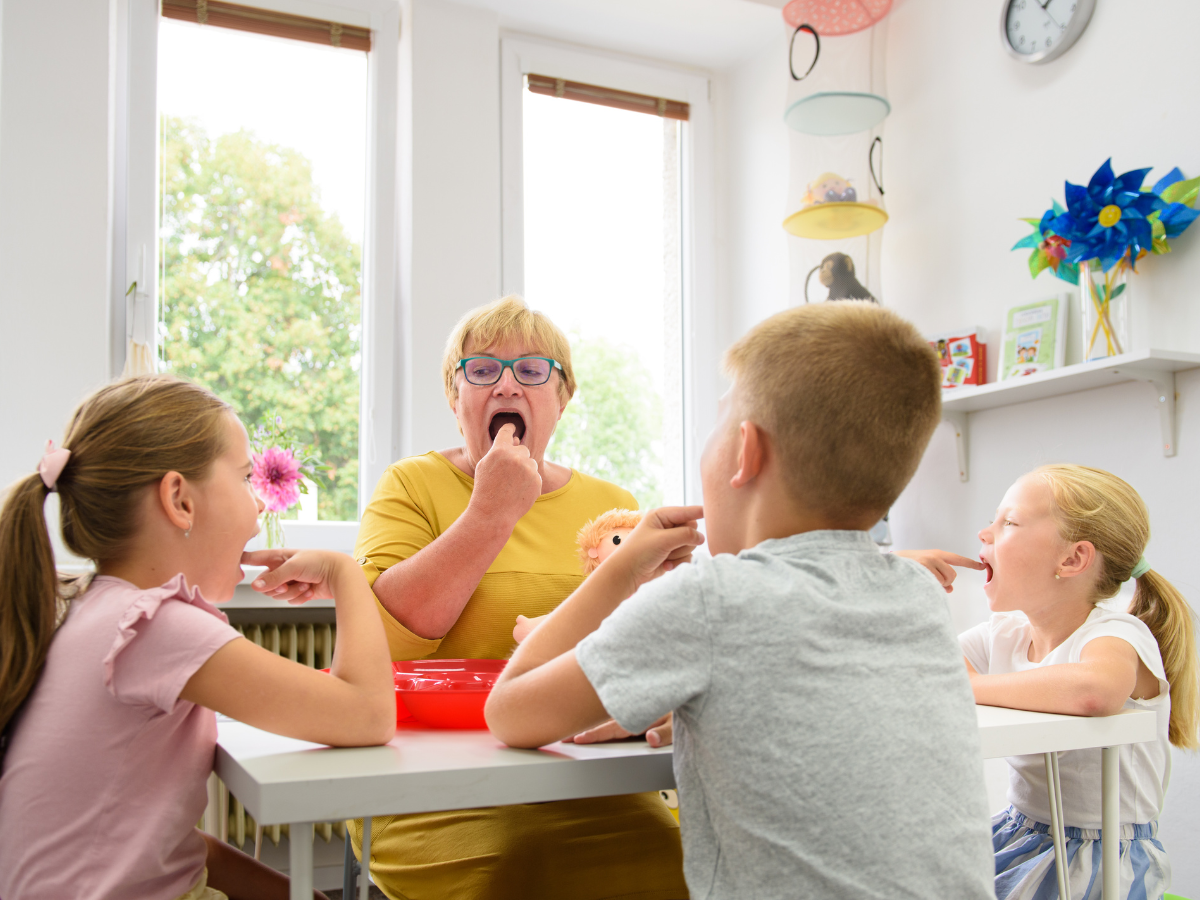Group speech therapy is a powerful approach that not only improves communication skills but also fosters social interaction. At Esperanza, we believe in creating opportunities for individuals to unlock their potential through innovative therapeutic methods. With a focus on collaboration and care, Esperanza is dedicated to helping participants thrive in both communication and social settings. Here’s how group speech therapy makes a difference in both areas.
Builds Effective Communication Skills:
Group speech therapy sessions provide multiple activities that help participants address their communication problems. Role-playing along with storytelling and structured conversations constitute activities designed to help participants express themselves with clarity and assurance. Group speech therapy settings enable people to both gain knowledge from their peers and discover their strengths and weaknesses while sharing achievement accomplishments.
Encourages Peer Support and Learning:
People who belong to group speech therapy sessions gain access to others with the same difficulties as themselves. The shared challenge leads people to create a vibrant community and mutual understanding among them. Groups give members the chance to exchange advice and motivate each other toward growth while developing essential camaraderie for continuing development.
Develops Social Interaction Skills:
Social interaction skills develop naturally through interventions in group settings where therapy individuals can improve both social activity and communication skills in their daily lives. People in these activities learn about sustaining eye contact and exchanging dialogue sequences along with reading nonverbal signals. Through exercise, participants learn to improve their verbal communication abilities whilst simultaneously developing the practical skills needed when interacting in real society.
Boosts Confidence and Reduces Anxiety:
Speaking in front of others creates intimidation for most people. The group therapy environment creates an environment without fear or intimidation so members can face their communication obstacles. Participants improve their confidence through regular practice and supportive feedback from peers along with therapists which helps them effectively speak in bigger shared settings.
Promotes Teamwork and Collaboration:
Members of group therapy learn teamwork through structured cooperative activities in their sessions. The exercises completed during group sessions show participants how to cooperate effectively while learning to appreciate various opinions and establish bonds between members.
Customizes Approaches for Diverse Needs:
Therapists who work in group speech therapy settings create purposeful activities that respond to individual participant requirements. Therapy works better and serves more people when practitioners design treatments to meet specific challenges alongside group participation. Participants at all communication levels gain benefits from individualized sessions through this adaptable therapeutic method.
Enhances Emotional Resilience:
When group speech therapy members share their challenges it creates an environment that promotes emotional strength and mental toughness. Through group speech therapy participants gain skills for managing critical feedback together coping with difficult situations and recognizing small achievements. The therapeutic emotional growth developed in sessions enables users to approach both therapy sessions and handle daily stress with optimism.
Prepares for Real-World Situations:
During group speech therapy participants practice real-world interactions like ordering food at restaurants and learning to introduce them and solve arguments with others. Participants learn necessary life skills through rehearsing real-life activities in controlled practice sessions which build their capacity to succeed during everyday activities.
Final thoughts:
Group speech therapy offers a holistic approach to improving communication and social skills. By providing a supportive environment, it empowers individuals to express themselves confidently, build meaningful relationships, and navigate social situations effectively. Whether for children, teens, or adults, this therapy has the potential to create lasting positive changes in both communication and social interaction.




